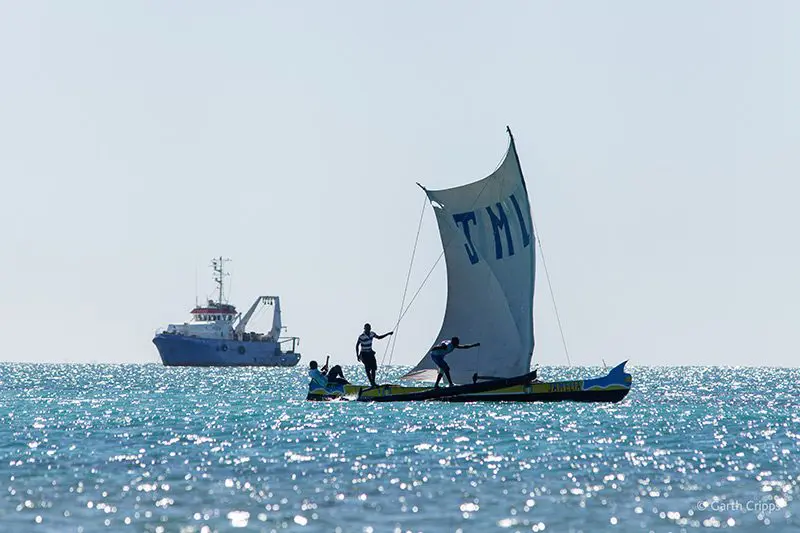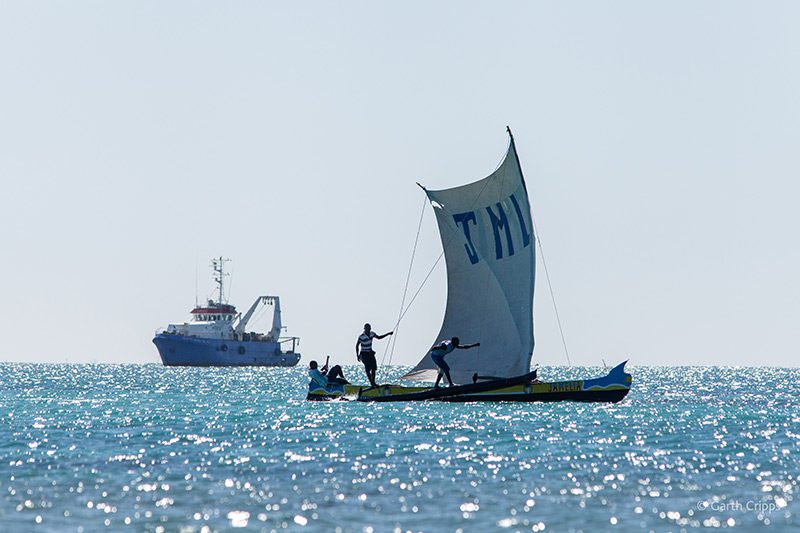Government and fisher representatives discuss how excluding destructive industrial fishing from coastal areas reduces hunger and poverty.
A Transform Bottom Trawling Coalition side-event at the UN Ocean Conference
WHEN: 08:30 – 10:00am GMT+1 on Friday 1 July 2022
WHERE: Auditorium, Oceanário de Lisboa, 1990-005 Lisbon, Portugal
TITLE: A sea change for small-scale fisheries. Global leadership towards SDG14b: Preferential access for small-scale fishers and inshore exclusion zones
Government officials from Belize, Madagascar and Thailand, along with small-scale fisher representatives from Belize and Senegal, will join marine experts from around the world, highlighting how closing inshore areas to destructive industrial fishing and giving coastal communities preferential access can restore our oceans and rebuild fisheries. This high-profile panel will explore strategies to protect small-scale fisheries, bolster biodiversity, strengthen marine management and conservation, and increase food security and sovereignty. New approaches in these countries include preferential access areas prioritising artisanal fishers’ rights and inshore exclusion zones prohibiting the most destructive forms of industrial fishing, such as bottom trawling. Dr Shakuntala Haraksingh Thilsted, winner of the 2021 World Food Prize for her work on nutrition, fish, and aquatic food systems, will moderate a discussion between leading advocates for putting communities at the heart of our ocean’s recovery, including:
Speakers
- Opening remarks: Dr Essam Yassin Mohammed, Interim Director General at WorldFish
- Dr Paubert Mahatante, the Government of Madagascar’s Minister of Fisheries and Blue Economy
- Chalermchai Suwannarak, Director General of Thailand’s Department of Fisheries
- Maxine Monsanto, Belize Blue Economy Director
- Gaoussou Gueye, President of CAOPA
- Elmer Rodriguez, Chair of the Belize National Fishermen Cooperative Society Limited
- Sophie Benbow, Head of Marine at Fauna & Flora International
- Nicole Franz, Equitable Livelihoods Team Leader at the Food and Agriculture Organization of the United Nations (FAO), Fisheries and Aquaculture Division
Background
Destructive industrial fishing, such as bottom trawling, threatens the livelihoods of small-scale fishers and damages vital marine habitats across the globe. Half a billion people – 7% of the global population – are at least partly dependent on small-scale fisheries for food, employment and income. Alhafiz Atsari, the Head of International Relations at the Indonesian Traditional Fisherfolks Union (KNTI), which represents over 10,000 Indonesian small-scale fishers, explains the impact of destructive industrial fishing on people’s lives:
“Small-scale fishers are forced to compete with industrial giants in our own waters. The giants are fishing vessels using destructive fishing gear, such as bottom trawlers. They take up so much space, are greedy and reckless, and can destroy everything in the ocean,” he said.
“Colonialists introduced these destructive giants to Indonesia after mistakenly assuming that small-scale fishers were unable to produce and process fish efficiently. Now, small-scale fishers using traditional methods are struggling because of these vessels, powerless to confront or chase them away, and so we are stuck with them.”
Destructive gears like bottom trawling are linked to overfishing, high bycatch rates, habitat damage, and disproportionately high carbon emissions. Recognising these impacts, many coastal states have taken steps to safeguard small-scale fisheries and coastal ecosystems by creating preferential access areas for small-scale fishers and inshore exclusion zones that ban the most damaging forms of industrial fishing. These measures can help restore fish stocks and ecosystems and safeguard coastal livelihoods and food security.
“Hundreds of thousands of small-scale fishers rely on the rich nearshore marine ecosystems and fisheries that preferential access areas protect,” said Annie Tourette, the Head of Advocacy at Blue Ventures.
The Transform Bottom Trawling Coalition (TBT Coalition) is a global movement of 54 organisations from 21 countries that are calling on all coastal states to urgently address and reduce the damaging impacts of bottom trawling, with evidence of a globally reduced footprint by 2030. The TBT Coalition wants coastal states to establish, expand and strengthen national IEZs to create a more equitable and sustainable future for small-scale fishers and our oceans. Visit our site for more news and stories about the impacts of bottom trawling.
In 2021, the Government of Madagascar banned bottom trawlers from shrimp fishing within two nautical miles of the shore along the country’s western coastline. This exclusion zone is intended to protect Madagascar’s rich marine ecosystems, which include globally important coral reefs, carbon-rich seagrass beds, and fisheries that feed hundreds of thousands of small-scale fishers. The ban is part of a national development plan that includes fisheries sector reforms to make them more sustainable and equitable.
The Government of Belize has established a coastal network of nine marine reserves, three marine national parks, two natural monuments, 12 fish spawning sites and two marine wildlife sanctuaries, covering more than 20 percent of Belize’s territorial seas. A system of Managed Access introduced in 2011 gives the country’s 3,000 traditional fishers local fishing rights to avoid having to compete with fishers outside their community, plus incentives to protect their fishing areas. This system extends 12 nautical miles from shore and covers the whole country.
In 2015, The Government of Thailand introduced a Fisheries Act that included robust financial sanctions for illegal fishing and restrictions on destructive gear types. It also provides basic protections for artisanal fisher rights through a three nautical mile inshore exclusion zone for industrial vessels, and improved surveillance of Thailand’s commercial fishing fleet by mandating monitoring systems for vessels over 30 tonnes.
Contacts
For media enquiries and to arrange interviews with our speakers, please contact Tom Collinson, Coordinator of the Transform Bottom Trawling Coalition: [email protected] or call/text/Whatsapp/Signal: +44 7716 446 323
For advocacy enquiries, please contact: Annie Tourette, Blue Ventures’ Head of Advocacy: [email protected], or call/text/Whatsapp: +44 7931 715 697
Co-organising partners
This event is being co-organised and supported by:
The Belize Fisheries Department
Madagascar’s Ministry of Fisheries and Blue Economy
The Thailand Department of Fisheries
The Minderoo Foundation
Environmental Defense Fund
Duke University
WorldFish
The African Confederation of Professional Organizations of Artisanal Fisheries – CAOPA
Environmental Justice Foundation
Fauna & Flora International
Dakshin Foundation
Kesatuan Nelayan Tradisional Indonesia (KNTI)
Project Seahorse
The Swedish Society for Nature Conservation



